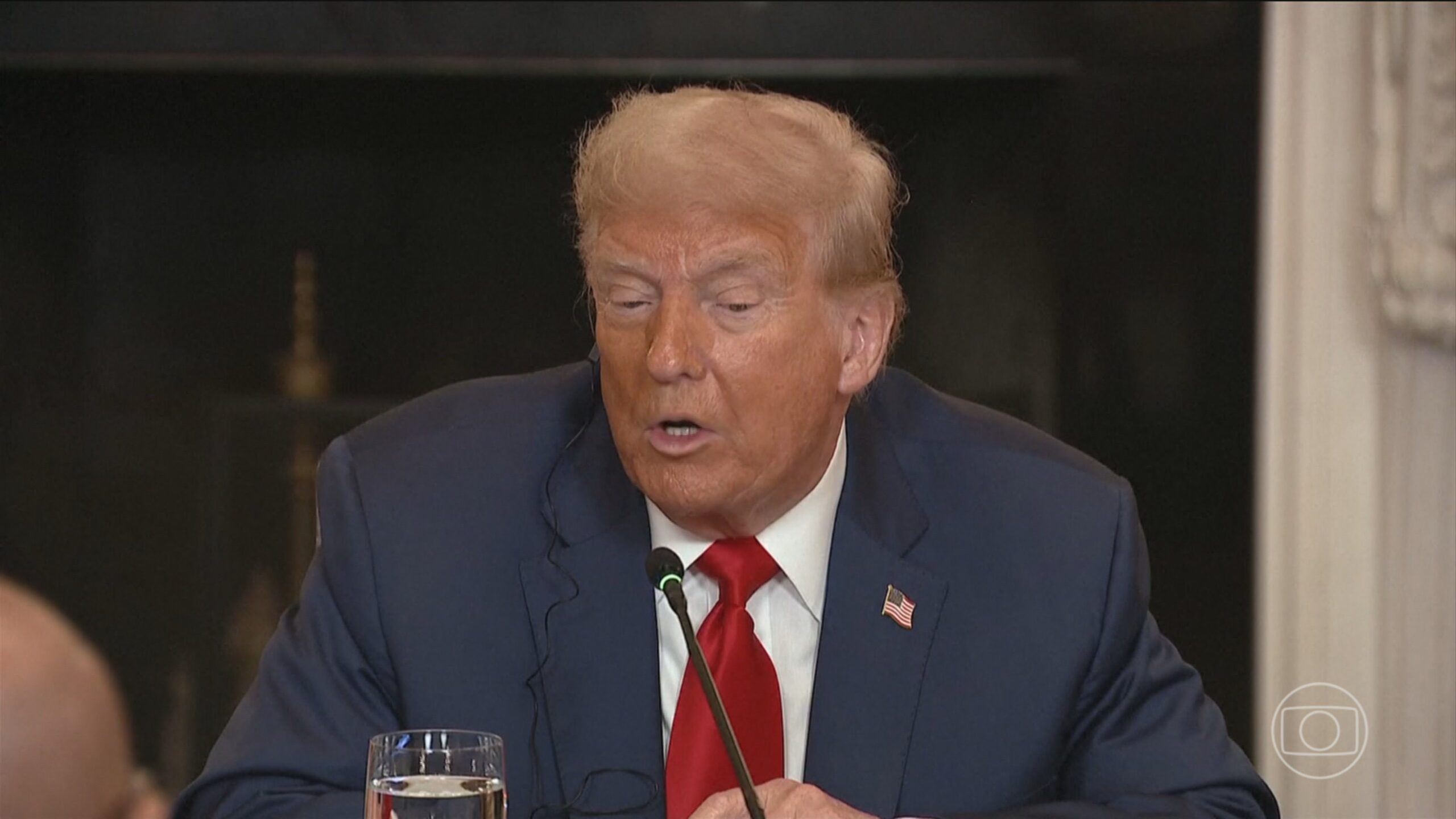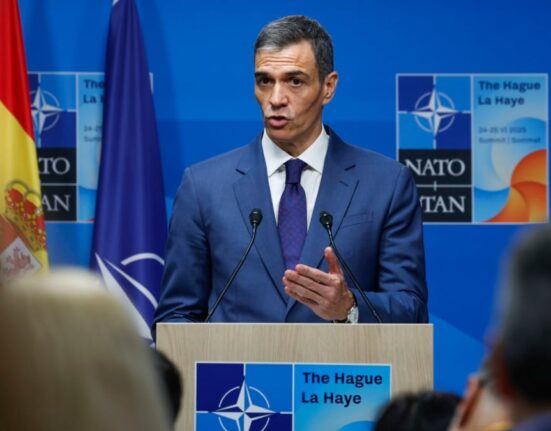The diplomatic landscape between the United States and Brazil took a dark turn as President Donald Trump unveiled a letter addressed to President Luiz Inácio Lula da Silva, declaring a 50% import tariff on Brazilian products for ideological reasons. Trump’s move, fueled by concerns over actions in the Brazilian Supreme Federal Court regarding Jair Bolsonaro and big tech companies, marked a significant escalation in tensions between the two nations.
The letter’s release marked the third direct criticism of the Brazilian government by the Trump administration within a short span, highlighting a growing rift between the two countries. Trump’s vocal support for Bolsonaro amidst legal challenges further intensified the strained relations, culminating in the announcement of punitive tariffs on Brazilian imports.
“The manner in which Brazil has handled the former President Jair Bolsonaro is an international disgrace,”
Trump’s letter began, condemning the ongoing legal proceedings against Bolsonaro in the Brazilian Supreme Court. Citing concerns over attacks on free elections and expression rights, particularly referencing the Brazilian court’s actions against American social media platforms, Trump announced the imposition of a 50% tariff on all Brazilian products entering the United States starting August 1, 2025.
Beyond the ideological disputes, Trump also criticized the longstanding trade imbalances with Brazil, emphasizing the need for a more equitable commercial relationship. The escalation to punitive tariffs signaled a significant shift in U.S.-Brazil trade dynamics, with Trump warning of further retaliatory measures if Brazil responds with its tariffs.
The interplay between the political and economic realms further complicated the situation, with Trump invoking a decades-old law to investigate alleged unfair trade practices by Brazil. This strategic maneuver highlighted the multifaceted nature of the dispute, intertwining legal, political, and economic dimensions in the escalating conflict between the two nations.
Amidst these developments, the role of key figures such as Eduardo Bolsonaro, who has been embroiled in controversies both in Brazil and the United States, added a layer of complexity to the unfolding narrative. The interconnected relationships and power dynamics at play underscored the intricate web of interests shaping the diplomatic standoff between the U.S. and Brazil.
The repercussions of Trump’s tariff announcement reverberated not only in the realm of bilateral relations but also had broader implications for global trade dynamics. The growing protectionist rhetoric and unilateral actions signaled a shift towards economic nationalism, challenging the established norms of international trade and cooperation.
As the diplomatic standoff between the U.S. and Brazil unfolded, it underscored the fragility of international relations in an increasingly interconnected world. The clash of ideologies, economic interests, and political alliances highlighted the complexities inherent in modern diplomacy, emphasizing the need for nuanced approaches to navigate such turbulent waters.
In conclusion, Trump’s tariff announcement marked a significant escalation in the strained relations between the United States and Brazil, underscoring the intricate interplay of political, economic, and ideological factors shaping the evolving narrative. The repercussions of this diplomatic rift extend beyond bilateral dynamics, offering a glimpse into the complexities of contemporary international relations and the challenges of navigating conflicting interests on the global stage.









Leave feedback about this